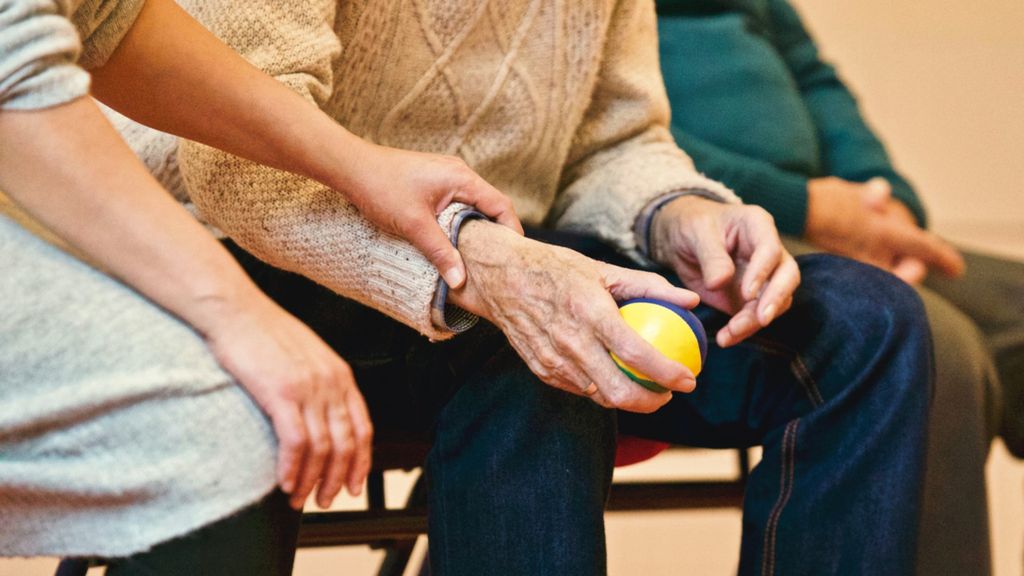There's this anger when we reach adulthood that we never thought we'd have our parents are getting older as we are. They need to be looked after, taken care of, as they're about to go back to being an adult kid in their golden years. It's really hard to tell them things to do, they have their ways that sometimes are the complete opposite of what we're taught and believed. Some aging parents need more medical attendance, while for some others they just need attention and affection. And it's hard to juggle all of them at once, with us having our own lives and offsprings to look after, work, relationship, household, and many other things to maintain at once.
It is indeed a struggle to many, and it's not only financially and physically draining, but also emotionally. Parenting aging parents feel like scolding kids who would bite anytime they're being scolded, as they feel far more superior due to the fact they're our parents and they are the ones who raised us. The transition from parents who take care of us to us taking care of them is a hard pill to swallow for some parents. They don't listen when being told things to do, can't have healthy and adult communication since they refuse to listen and accept the situation, or even make things more difficult intentionally to just simply hurt us.
Parenting and caring for aging parents is something that needs to be put as a consideration in our future plan, where this discussion is necessary for us to our parents but also siblings as well. Preparing for such a stage involves topics around what kind of expectation our parents have on us, what can they do to maintain their health - or what if they're in a health condition that already requires more attention. Emotionally, financially, physically we have to be ready and be prepared for what's to come and help that we might need in the future.
 Ilustrasi merawat orang tua/ Foto: Matias/Pexels Ilustrasi merawat orang tua/ Foto: Matias/Pexels |
Financial preparation is the most crucial part, as caring for aging parents can also affect socio-economic inequality. In the United States, for example, middle and lower socio-economics classes rely on their adult children for finance, time, and emotional support. It is more challenging for lower-income adults due to lack of time to care for aging parents, with working full-time jobs that have less flexible working hours, time off, or paid leave to accommodate or adjust to the needs of aging parents.
Accepting that aging is normal and happens to everyone, acceptance of the process, and acknowledging that it is indeed unavoidable to care for our parents as we never know when death will come. Instead of feeling like it's a heavy responsibility that we don't choose but thrown to us, see it as something that would enhance the relationship between parents and children. It creates a bond different than when we were kids, in adulthood conversations are conducted more maturely and create more perspective.
(DIG/DIR)


